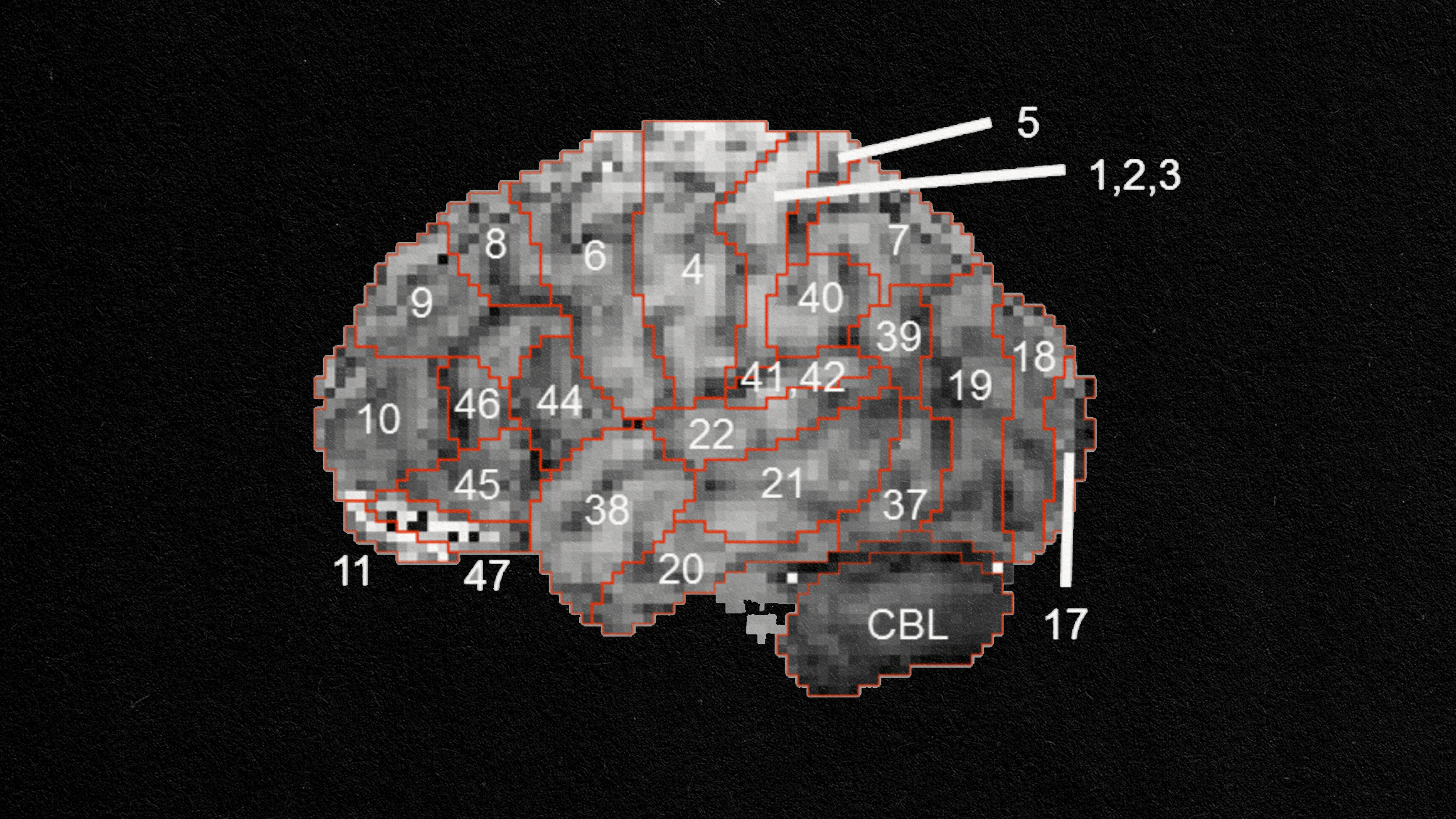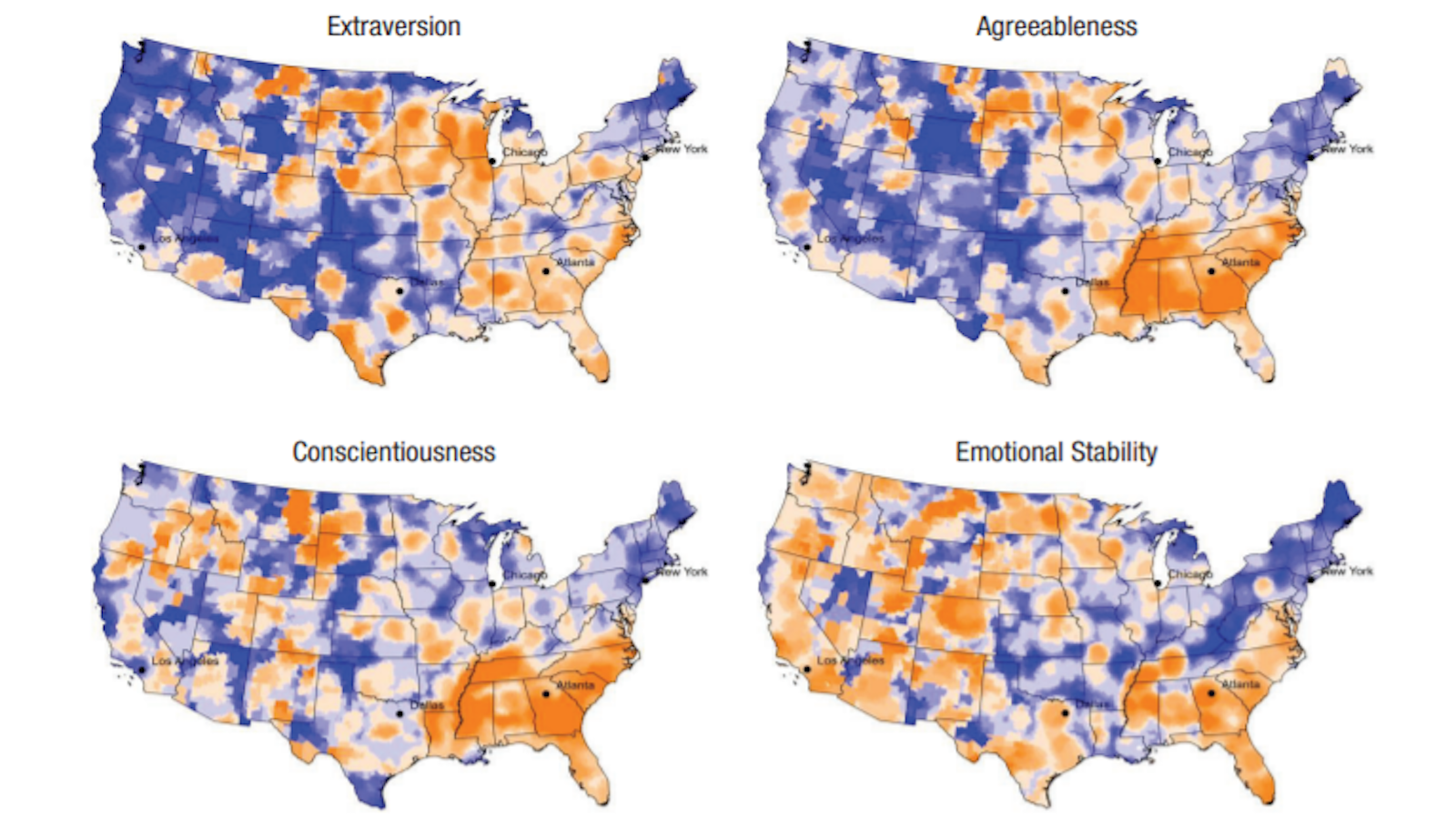The life events most likely to change your personality

- Our personalities tend to change over time, but what drives these changes?
- New research finds that graduation, one’s first job, a new relationship, marriage, and divorce were linked to the largest personality changes.
- Prior work has revealed that our personalities often “improve” with age.
Over time, your personality can change — in big ways. But psychologists didn’t always think this to be true. While one’s personality — that is, their broad pattern of thoughts, feelings, and behaviors — might subtly shift at the periphery, scientists considered it to be largely fixed.
Ultimately, long-term studies measuring movements in subjects’ “big five” personality traits changed psychologists’ minds. As people grew older, these quintessential characteristics shifted. The big five traits are: (1) conscientiousness (how impulsive, organized, and disciplined someone is); (2) agreeableness (how modest, trusting, and caring they are); (3) extraversion (whether a person seeks excitement and social interaction); (4) openness to experience (someone’s curiosity and penchant for routine); and (5) neuroticism (a person’s overall emotional stability).
But what triggers these personality changes? Recently, researchers have considered the impact of significant life events. Across dozens of studies published in the past 30 years, scientists have attempted to measure changes to the big five personality traits that occur following major family, career, and relationship events. Last year, a team of scientists from institutions in Germany and Switzerland pooled all this research and conducted a meta-analysis to discern the broad findings. In their completed research paper published in the European Journal of Personality, they revealed the life events most likely to alter someone’s personality.
Personality-changing events
The authors focused on ten life events: (1) entering a new relationship, (2) marriage, (3) birth of a child, (4) separation, (5) divorce, (6) widowhood, (7) graduation, (8) entering one’s first job, (9) unemployment, and (10) retirement. They found 44 studies that tracked subjects’ big five personality traits before and after these events, and the studies included 121,187 participants in total, almost all from Western countries.
Aggregating and analyzing the data, the reviewers found that graduation, one’s first job, a new relationship, marriage, and divorce were linked to the greatest personality changes. Specifically, a new relationship and divorce appeared to make participants more conscientious — that is, they grew more dutiful and disciplined. One’s first job also boosted conscientiousness to an even greater degree. Marriage was linked to a decrease in openness, as people became more predictable and averse to change. Graduation lowered neuroticism, as subjects grew calmer and more confident.
All the effect sizes were fairly small, but the authors say they could equate to big personality changes over time.
“Even small effects, when aggregated across many people and over time, can have broad impact and relevance,” they wrote. “The kinds of events we studied often entail long-term changes in people’s life circumstances that may come with sustained changes in contexts and habits… Thus, some of the events studied in this paper could lead to cumulative change across years or even decades.”
Two clear limitations of the analysis were the use of self-reported data, a regrettable but often necessary hallmark of many social science studies, and the use of subjects almost entirely from Western countries, which mean the study’s findings are unlikely to be universally applicable.
Getting better all the time
Prior work has revealed that our personalities often “improve” with age. In what psychologists have dubbed “the maturity principle,” people tend to grow more extraverted, agreeable, and conscientious as they grow older, and less neurotic. The transformation is gradual, essentially unnoticeable to the individual, but after many years, almost everyone can reflect on their past selves and be amazed at the differences.
As the new meta-analysis suggests, certain life events seem to accelerate this personality-changing shift.





